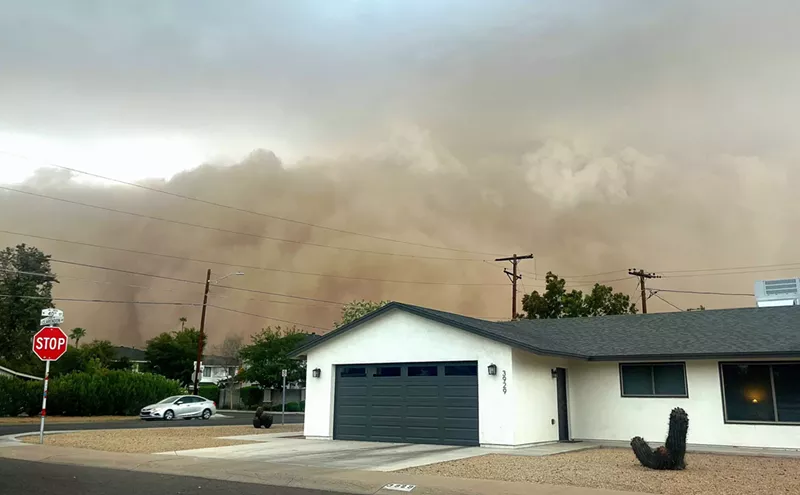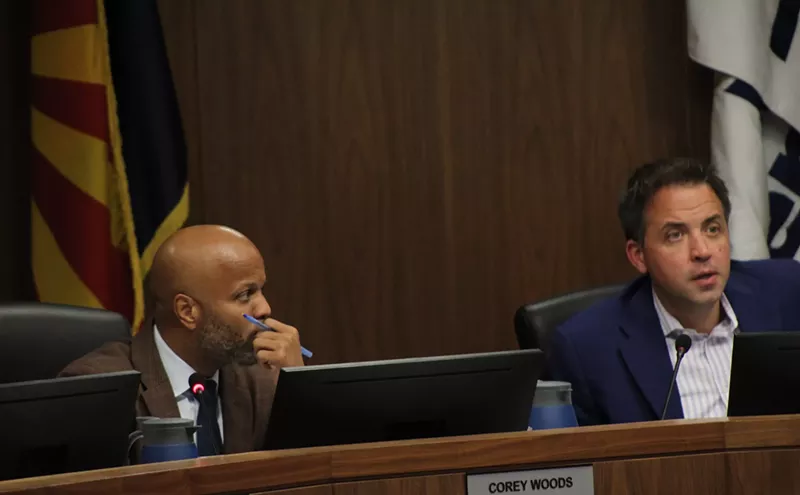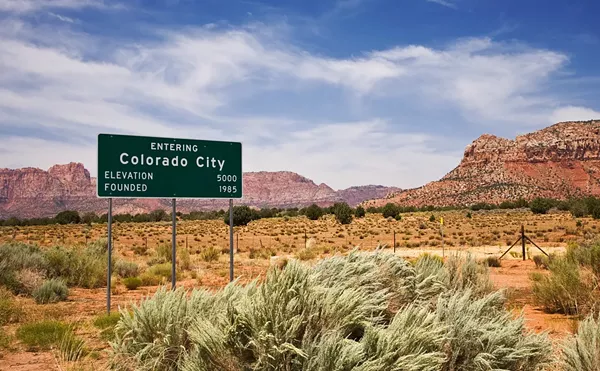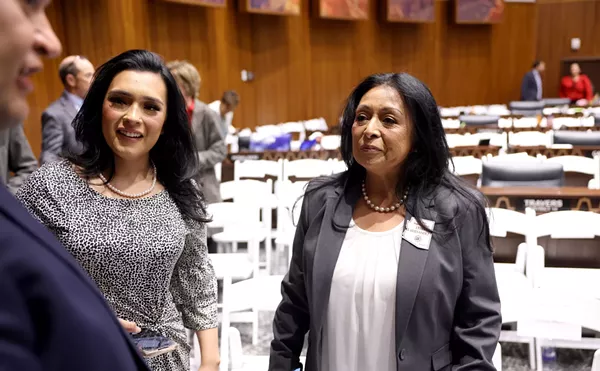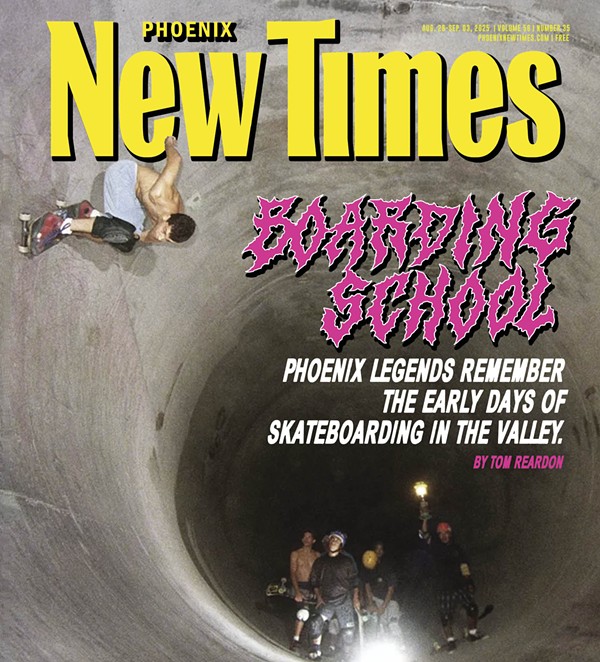Republican Representative Steve Montenegro plans to introduce legislation that would require Arizona high school students to pass a civics test before graduating.
The test would be based on the 100-question exam that immigrants seeking to become U.S. citizens must pass, which includes general knowledge questions about the country, like who wrote the Declaration of Independence, and the date of Tax Day.
"How can we the people maintain or unalienable rights to life, liberty and the pursuit of happiness -- rights that so many Americans have fought and died for -- if we're ignorant of these facts?" Montenegro said.
There's actually a nationwide push to implement such a test, as an organization called the Civics Education Initiative, which is backed by the Joe Foss Institute, has tried to find lawmakers in all states to propose such a law.
For a few years in Arizona, high school students had to pass the AIMS test in order to graduate. That requirement was removed by lawmakers last year, so there's no single test high school students currently need to pass in order to graduate.
"These are 100 basic facts about history, civics, who we are as a nation, [and] what founded this country," says Sam Stone, the national campaign manager for the Civics Education Initiative. "The reason those questions were chosen by [U.S. Citizenship and Immigration Services] is because this is considered the minimum base of knowledge someone needs to understand our form of government for our republic."
Montenegro -- whose parents once had to pass the USCIS exam as immigrants to the United States -- said school districts would be able to alter the test in various ways, like cutting down on the number of questions. He said the cost of implementing the test would be "minimal," but said he couldn't put an estimate on the cost until the legislative process is under way. The legislative session doesn't start again until next year, and Montenegro still has to be re-elected by his voters in the Avondale area for him to propose this bill.
"This isn't in any way political," Montenegro added. "This is helping [students], giving them tools so they can engage as citizens."
Lucian Spataro, a former University of Arizona professor and the president of the Joe Foss Insitute, suggested Arizona's high schools have started to focus a bit too much on the so-called STEM curriculum.
"What we have is a very narrow curriculum right now focused on science and technology, engineering and math, which is really important stuff, but not so important that you don't need to learn how to run the country, or how the country operates," he says.
Meanwhile, in yesterday's Arizona Republic, former U.S. Senators Jon Kyl and Dennis DeConcini wrote an editorial promoting such a test in Arizona high schools.
Whatever you think of the Civics Education Initiative, you'd probably agree that it's better than last year's proposal for new high school graduation requirements from Arizona's Republican lawmakers. That proposal involved forcing students to take a loyalty oath in order to graduate.
Got a tip? Send it to: Matthew Hendley.
Follow Valley Fever on Twitter at @ValleyFeverPHX. Follow Matthew Hendley at @MatthewHendley.



